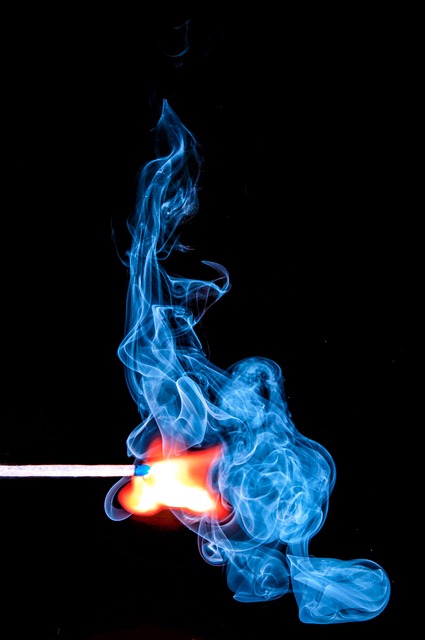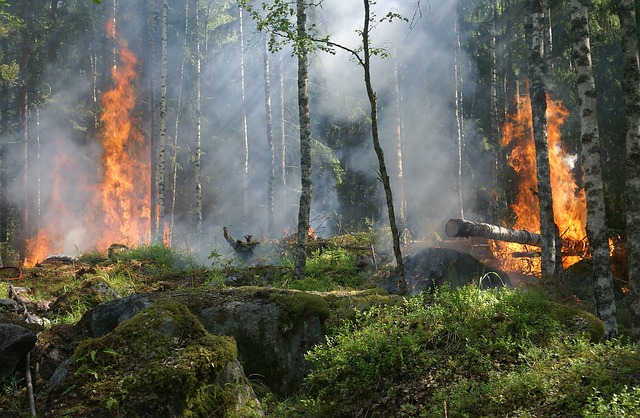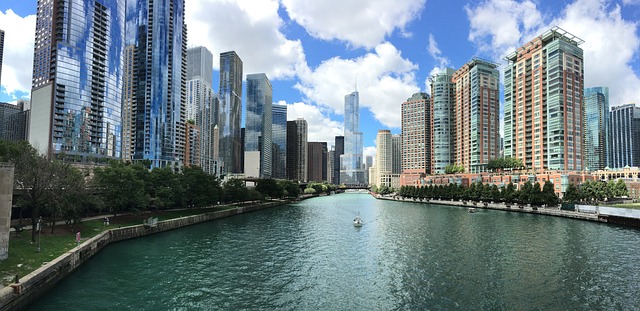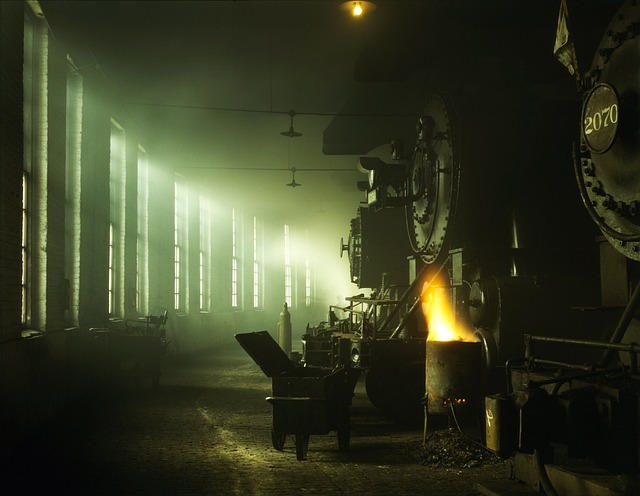Selling a fire-damaged house in Chicago requires adhering to stringent housing regulations, including disclosure of defects, necessary repairs (e.g., structural renovations, asbestos abatement), and obtaining permits for construction/renovation. Engaging professionals familiar with local building codes and real estate trends is crucial for maximizing resale value while ensuring compliance and transparency throughout the process.
“Navigating Chicago’s housing market after a fire can be complex, but understanding the city’s regulations is key. This comprehensive guide delves into the intricate details of Chicago’s housing regulations, specifically addressing the unique challenges of selling a fire-damaged property. From legal considerations and renovation requirements to common pitfalls and expert tips, this article equips homeowners with essential knowledge for successfully navigating the process of renovating and reselling in Chicago following a fire event.”
- Understanding Chicago's Housing Regulations: A Comprehensive Overview
- Selling a Fire-Damaged Property: Legal Considerations and Requirements
- The Process of Renovating and Re-selling in Chicago
- Common Pitfalls and Tips for Navigating Chicago's Housing Market After a Fire
Understanding Chicago's Housing Regulations: A Comprehensive Overview

Chicago’s housing regulations are designed to ensure safety, maintain property values, and provide a fair and regulated market for both homeowners and buyers. When it comes to selling a fire-damaged house in Chicago, understanding these regulations is crucial. The city has specific guidelines for repairing and rehabilitating residential properties, including those that have sustained fire damage.
Before listing a fire-damaged home for sale, owners must adhere to the Chicago Building Code, which outlines the necessary repairs and safety measures. This may include structural repairs, updated electrical systems, and compliance with fire safety standards. For instance, if a fire has caused significant structural damage, owners might need to obtain permits for rebuilding or rehabilitation. Additionally, selling a fire-damaged property in Chicago requires transparency and accurate disclosure of any known issues, ensuring potential buyers are well-informed throughout the transaction process.
Selling a Fire-Damaged Property: Legal Considerations and Requirements

Selling a fire-damaged property in Chicago involves navigating specific legal considerations and requirements. If you’ve experienced a fire, it’s crucial to understand that selling the property will require disclosure of any damage, including potential structural issues and health hazards like asbestos or lead paint. In Illinois, sellers are required to disclose known defects that could affect the property’s value or safety. Failure to do so can result in legal liability.
When preparing to sell a fire-damaged house in Chicago, it’s essential to obtain necessary repairs and certifications. This may include structural repairs, asbestos abatement, lead paint removal, and clearances from local authorities. Some damage may require specific permits or inspections before the property can be sold. Engaging with qualified contractors and professionals who specialize in fire damage restoration is key to ensuring compliance with Chicago’s housing regulations and maximizing the property’s resale value.
The Process of Renovating and Re-selling in Chicago

Renovating a fire-damaged home in Chicago involves a strict regulatory process that potential sellers must navigate. The city has stringent building codes and safety standards to ensure structural integrity and resident safety, especially after hazardous events like fires. Homeowners undertaking such projects should obtain permits from the Department of Buildings before any construction or renovation work begins. These permits guarantee compliance with Chicago’s housing regulations, which cover aspects such as electrical wiring, plumbing, and building materials used.
When preparing a fire-damaged house for reselling in Chicago, it’s crucial to engage professionals who understand these regulations. They can guide homeowners through the process of repairing or replacing damaged areas while adhering to city guidelines. Proper documentation and inspections are vital at each renovation stage to avoid legal issues and ensure the property meets the high standards expected by buyers in today’s competitive real estate market, particularly for selling fire damaged houses Chicago.
Common Pitfalls and Tips for Navigating Chicago's Housing Market After a Fire

After a fire, navigating Chicago’s housing market can be challenging. One of the common pitfalls is the assumption that a fire-damaged property is automatically less valuable, which isn’t always true. The impact on value depends on various factors like the extent of damage, the location of the property, and current market trends. Homeowners should avoid hasty decisions; instead, consult with real estate professionals who understand Chicago’s unique housing regulations regarding fire-damaged properties.
Tips for navigating this process include obtaining accurate assessments from qualified contractors to determine restoration costs, as this information is crucial when listing a fire-damaged house for sale in Chicago. Engaging with experienced agents familiar with post-fire sales can provide invaluable insights and guidance throughout the journey.
Chicago’s housing regulations, especially regarding fire-damaged properties, can seem complex, but understanding these rules is crucial for a seamless transition back into the housing market. Whether you’re looking to sell a fire-damaged property or renovate and re-sell, navigating these guidelines is essential. By familiarizing yourself with legal considerations, renovation requirements, and common pitfalls, you can confidently navigate Chicago’s housing landscape after a fire, ensuring a successful and stress-free process. Remember that selling a fire-damaged house in Chicago isn’t impossible; it just requires knowledge and the right approach.






